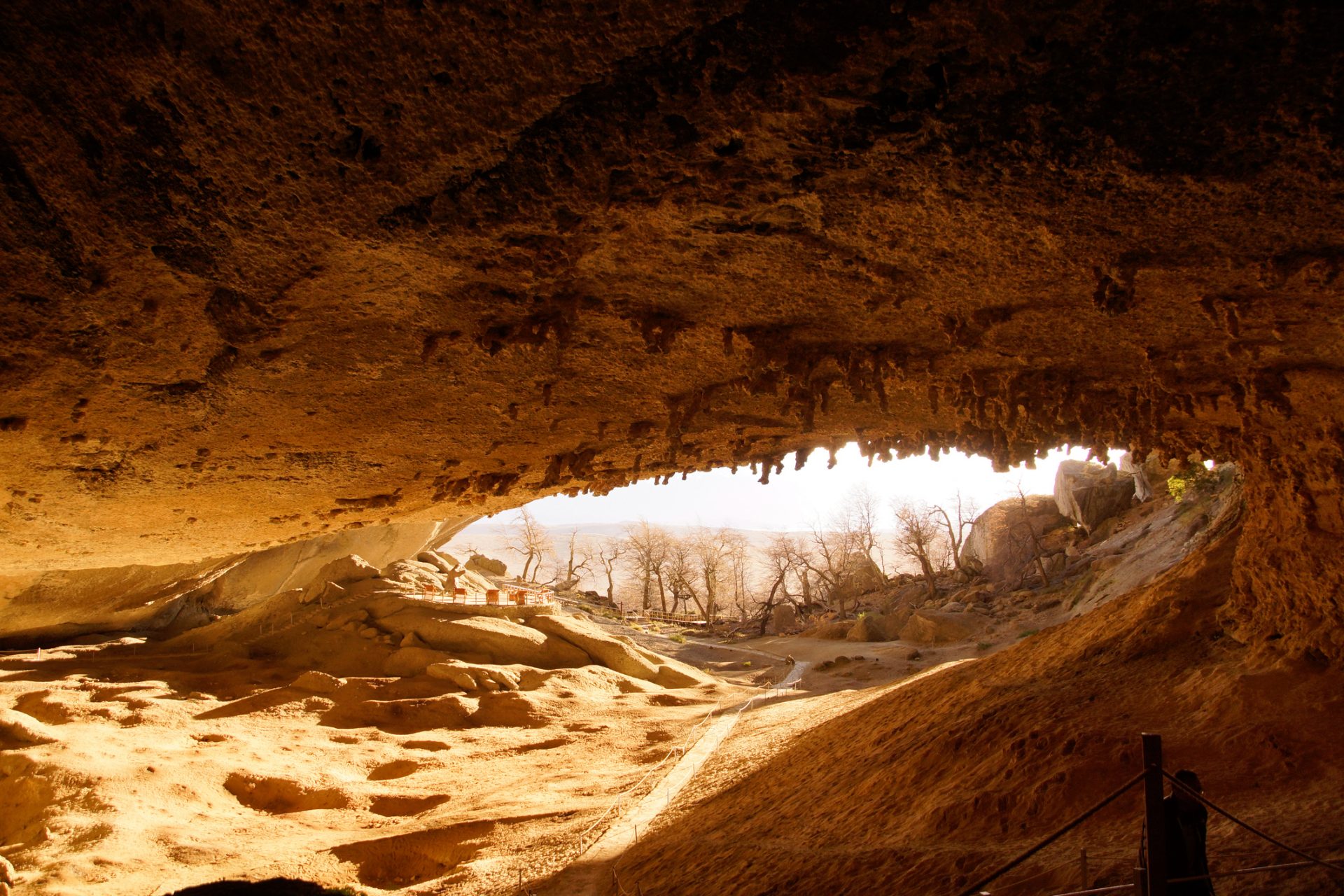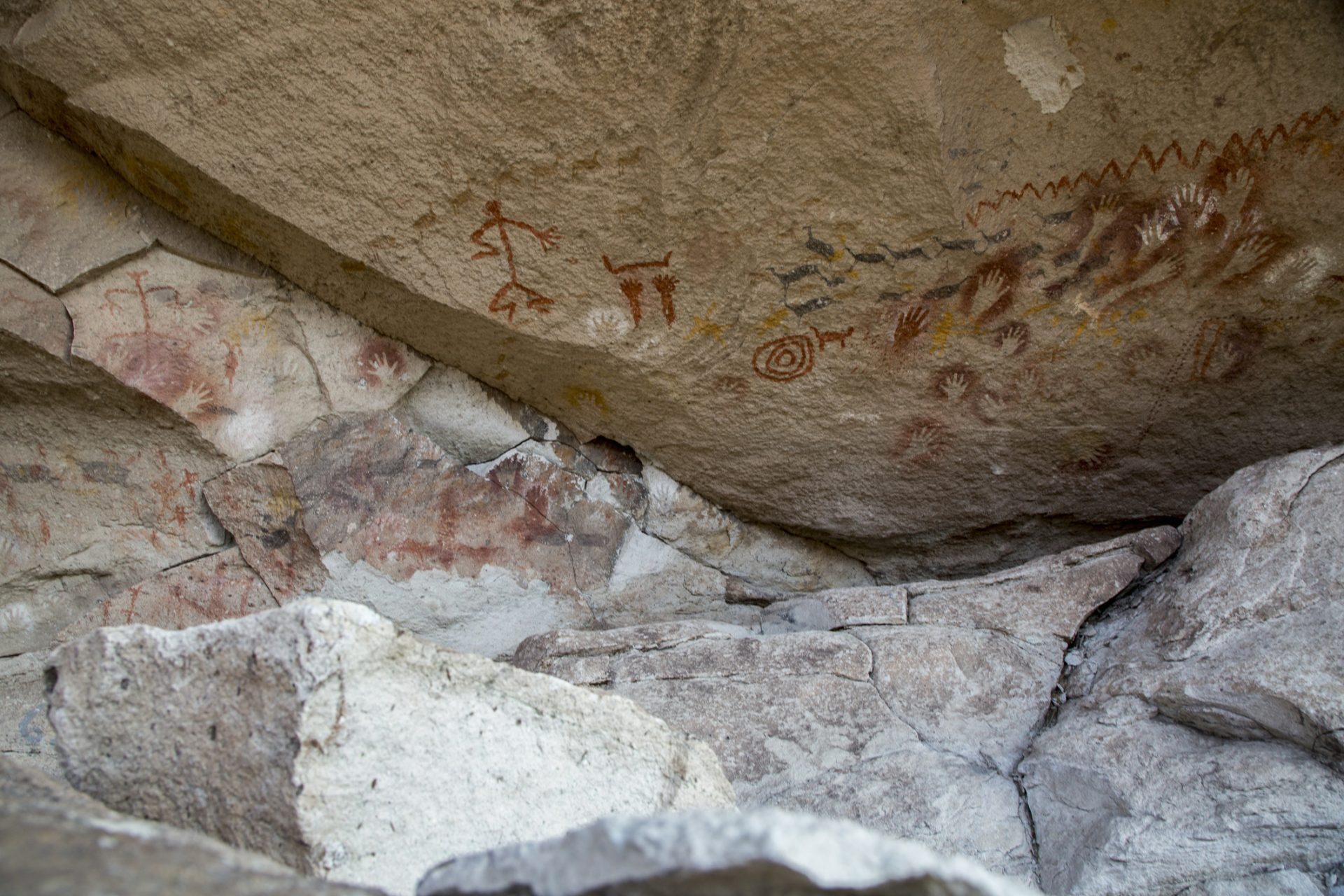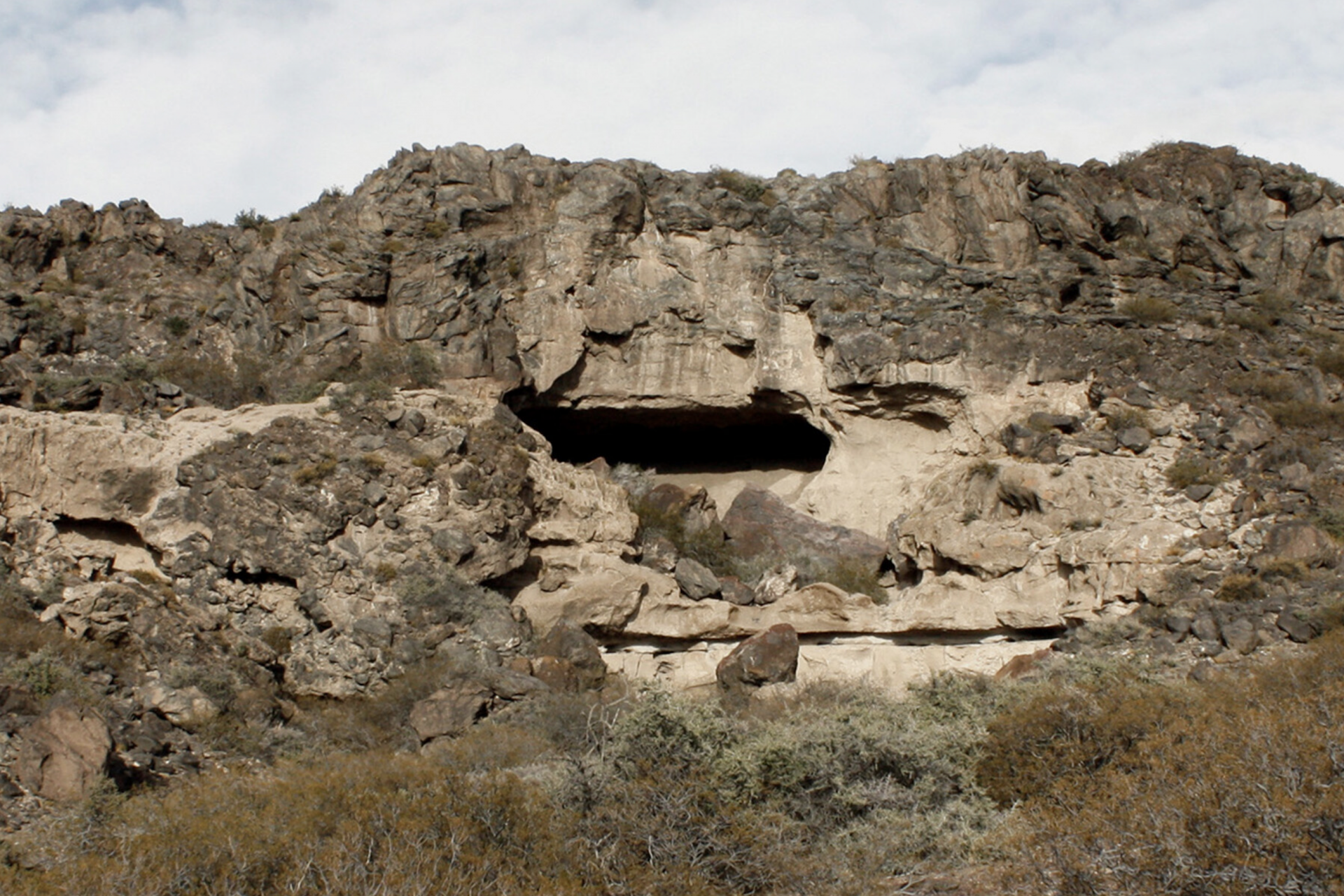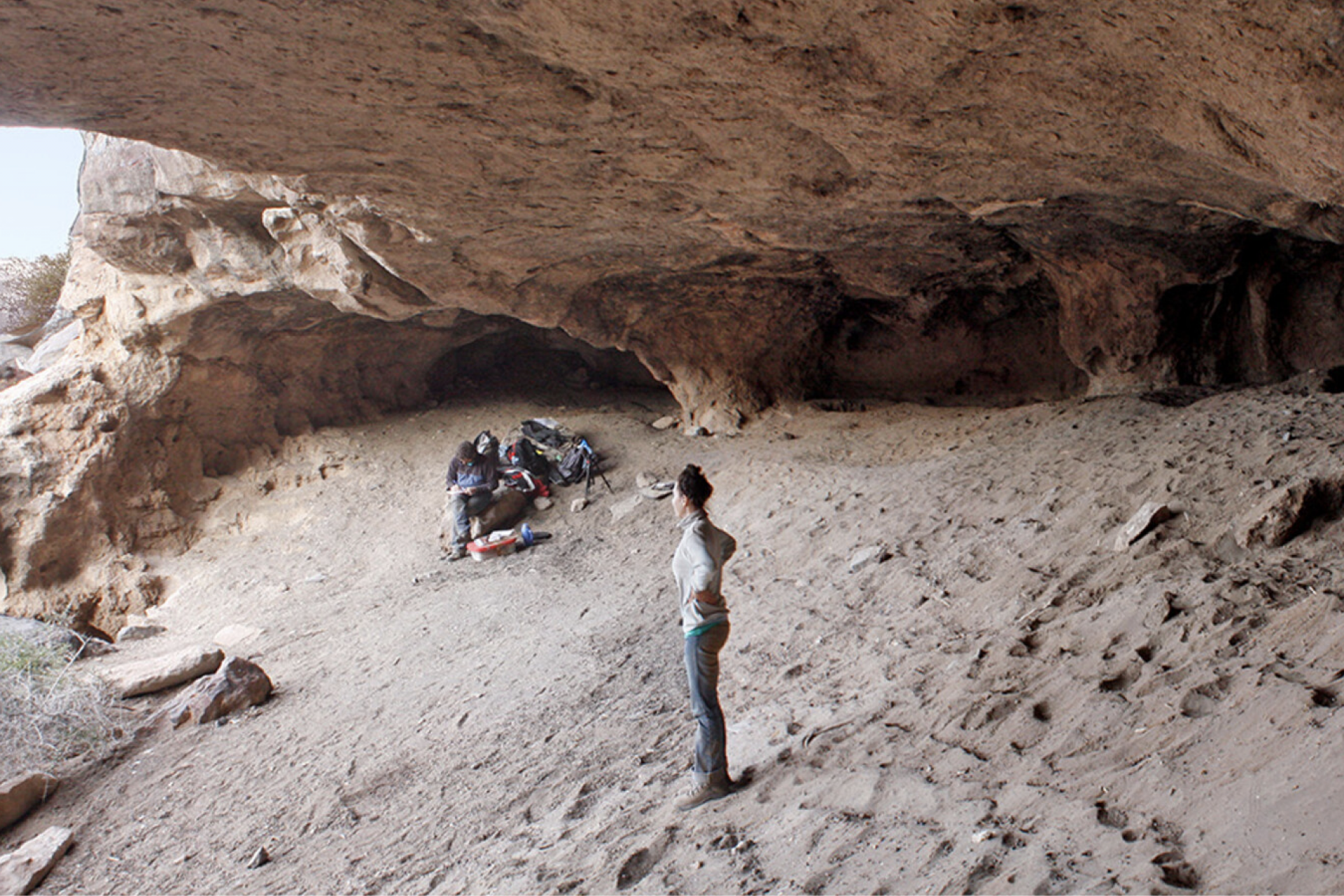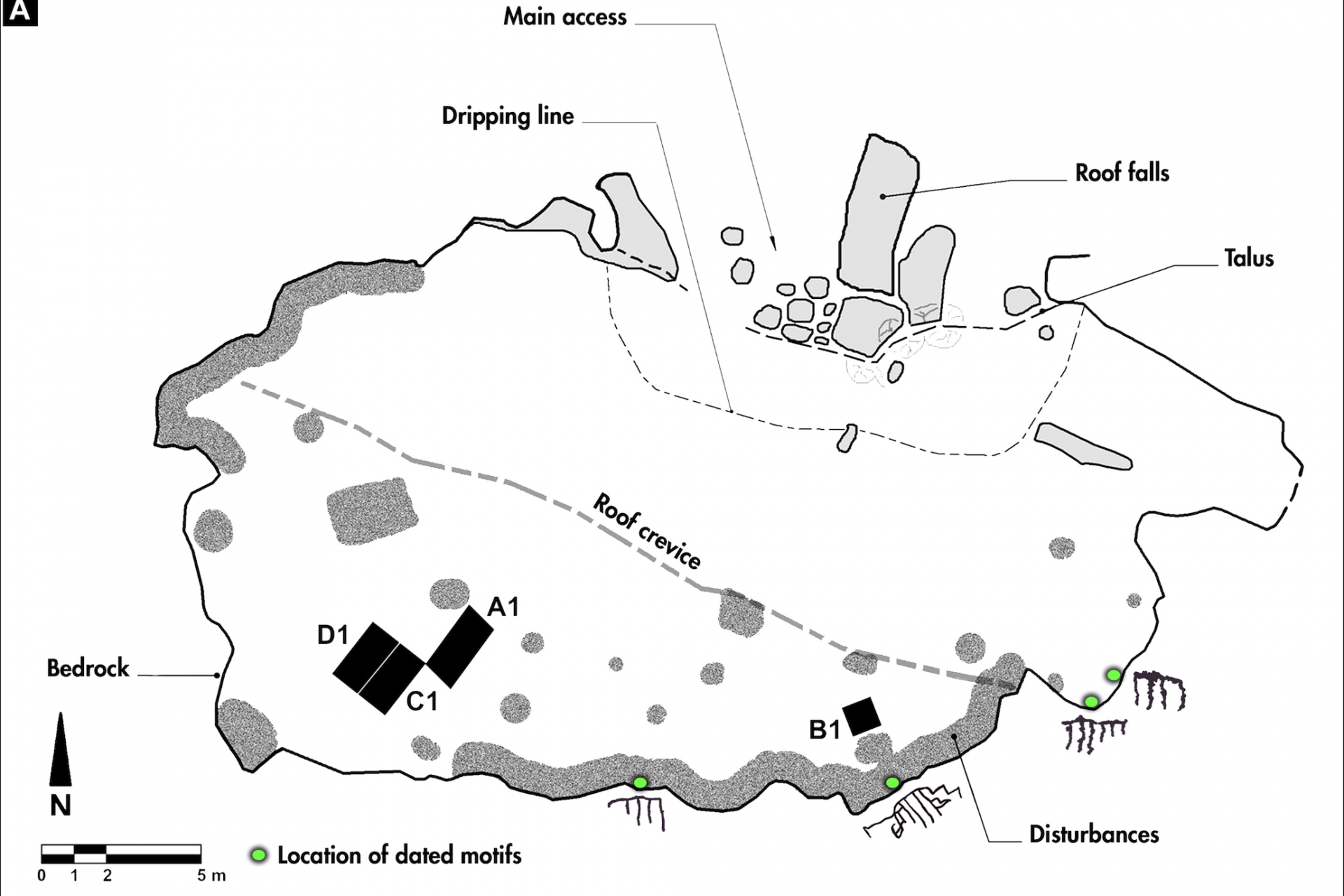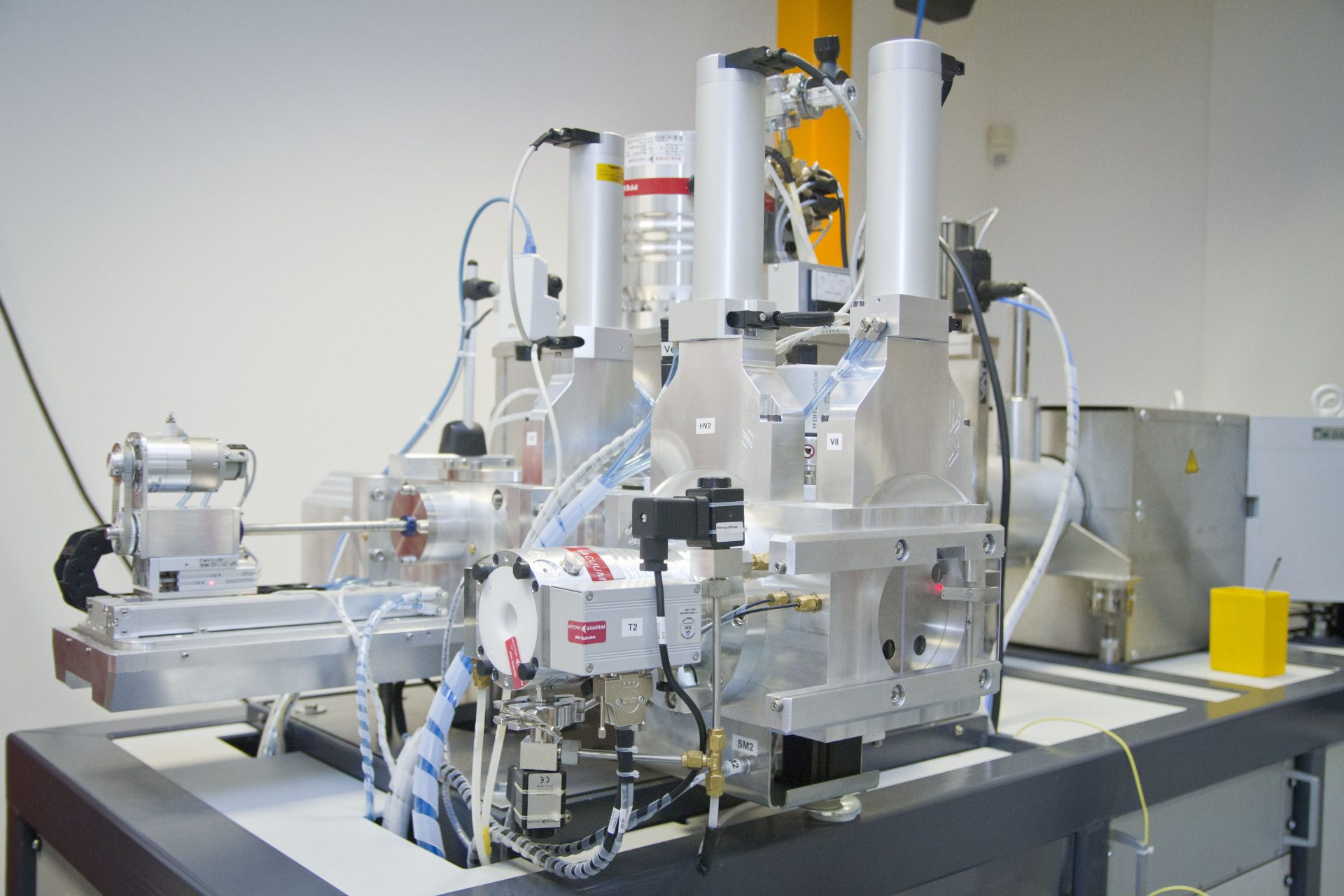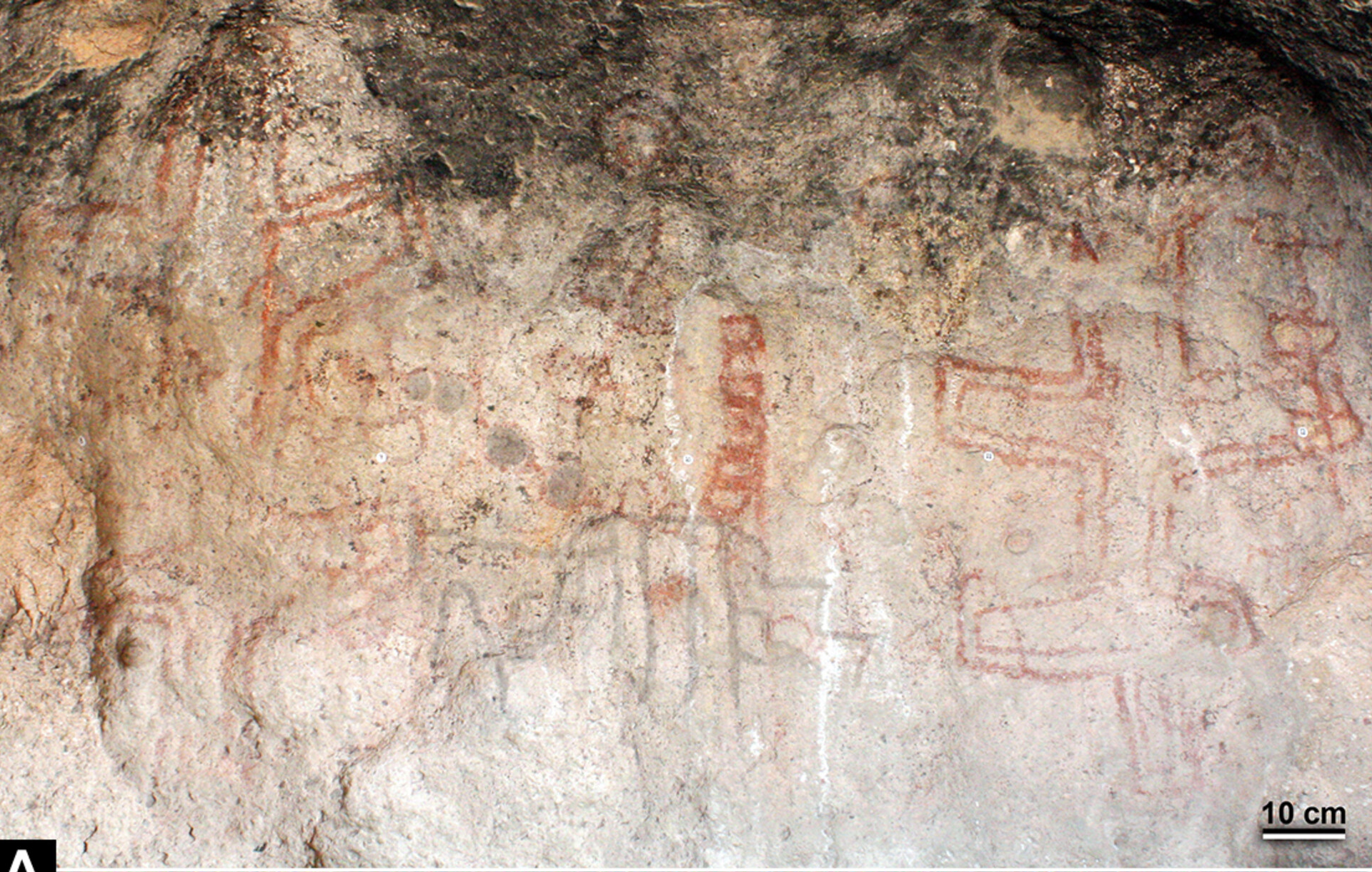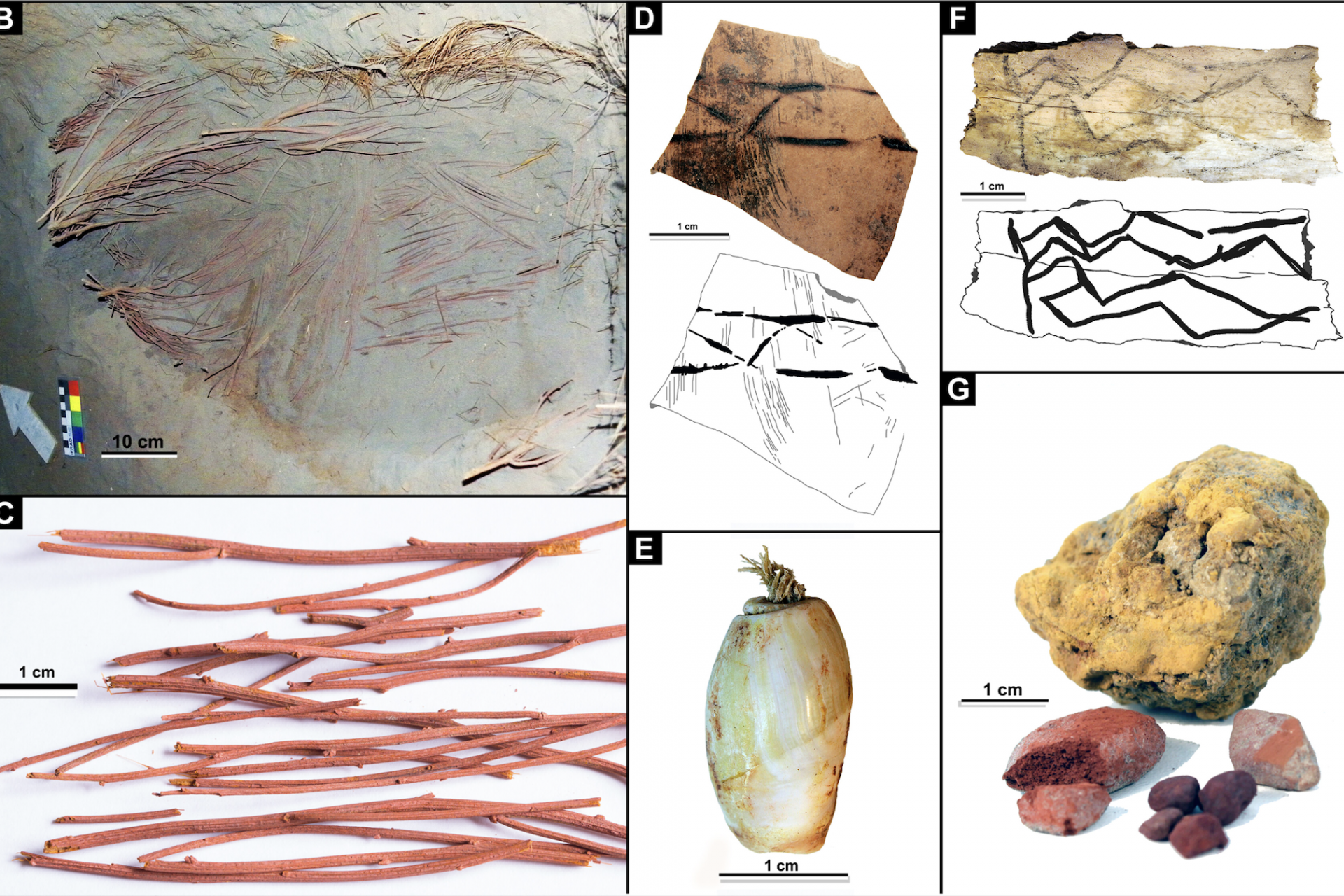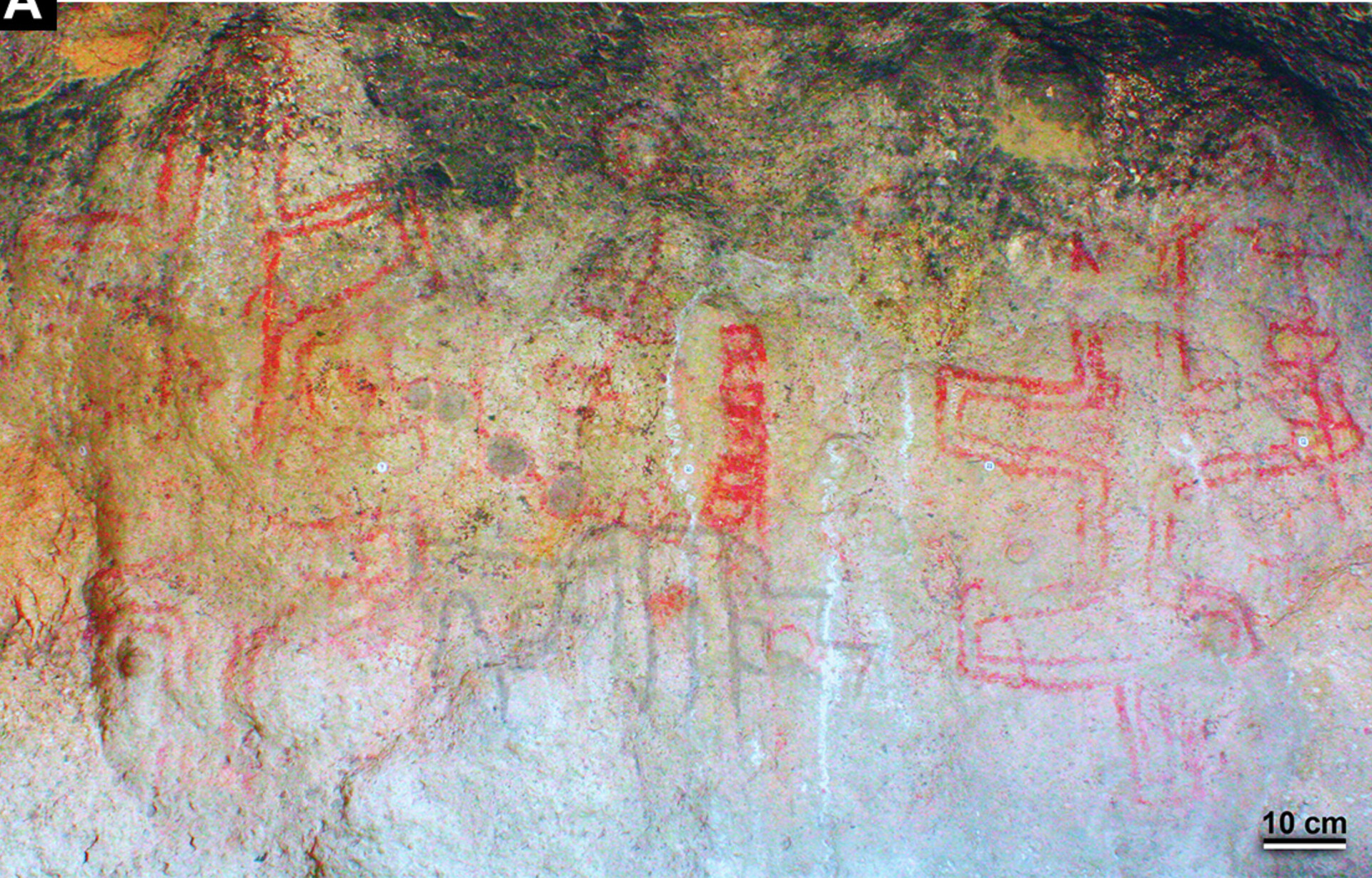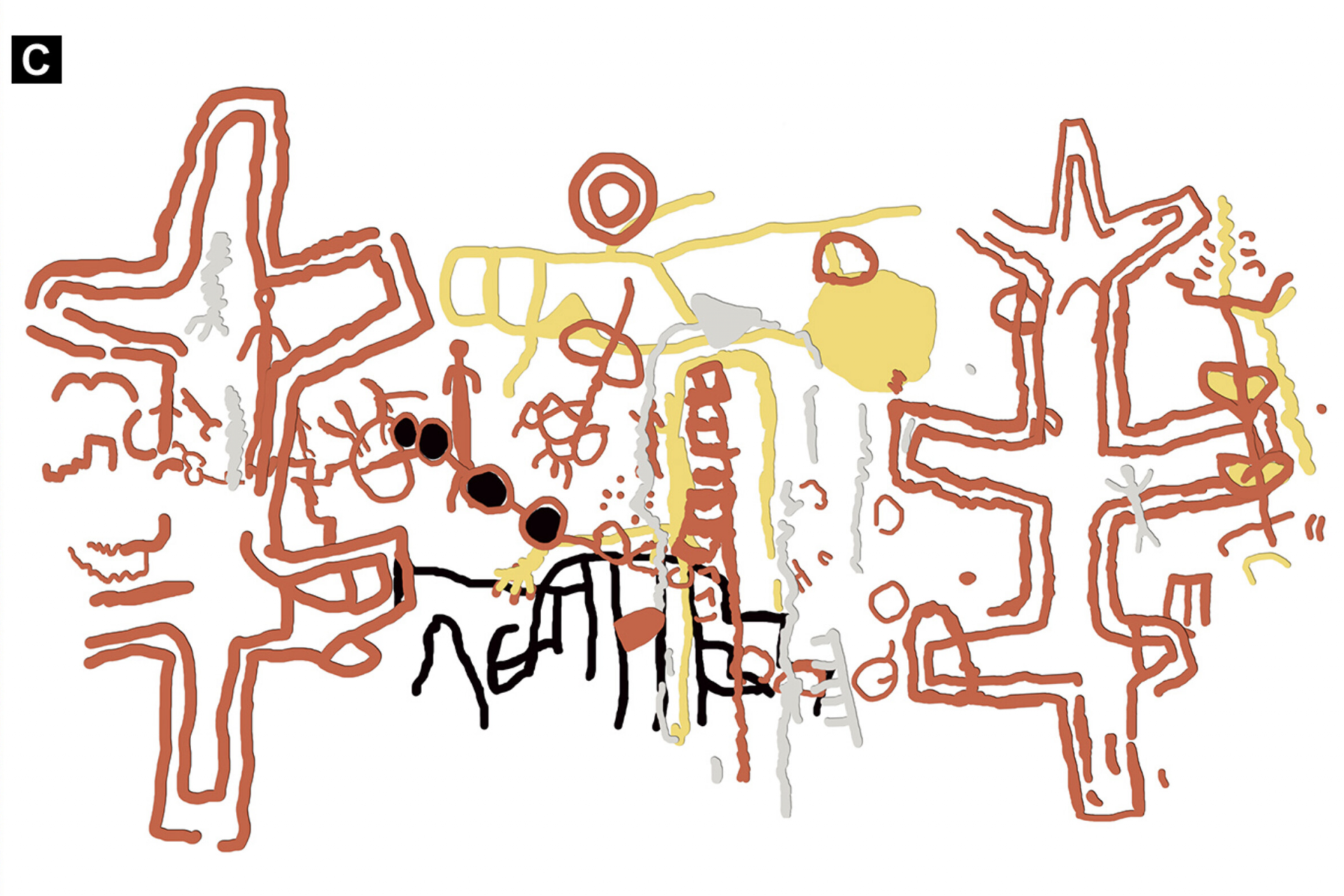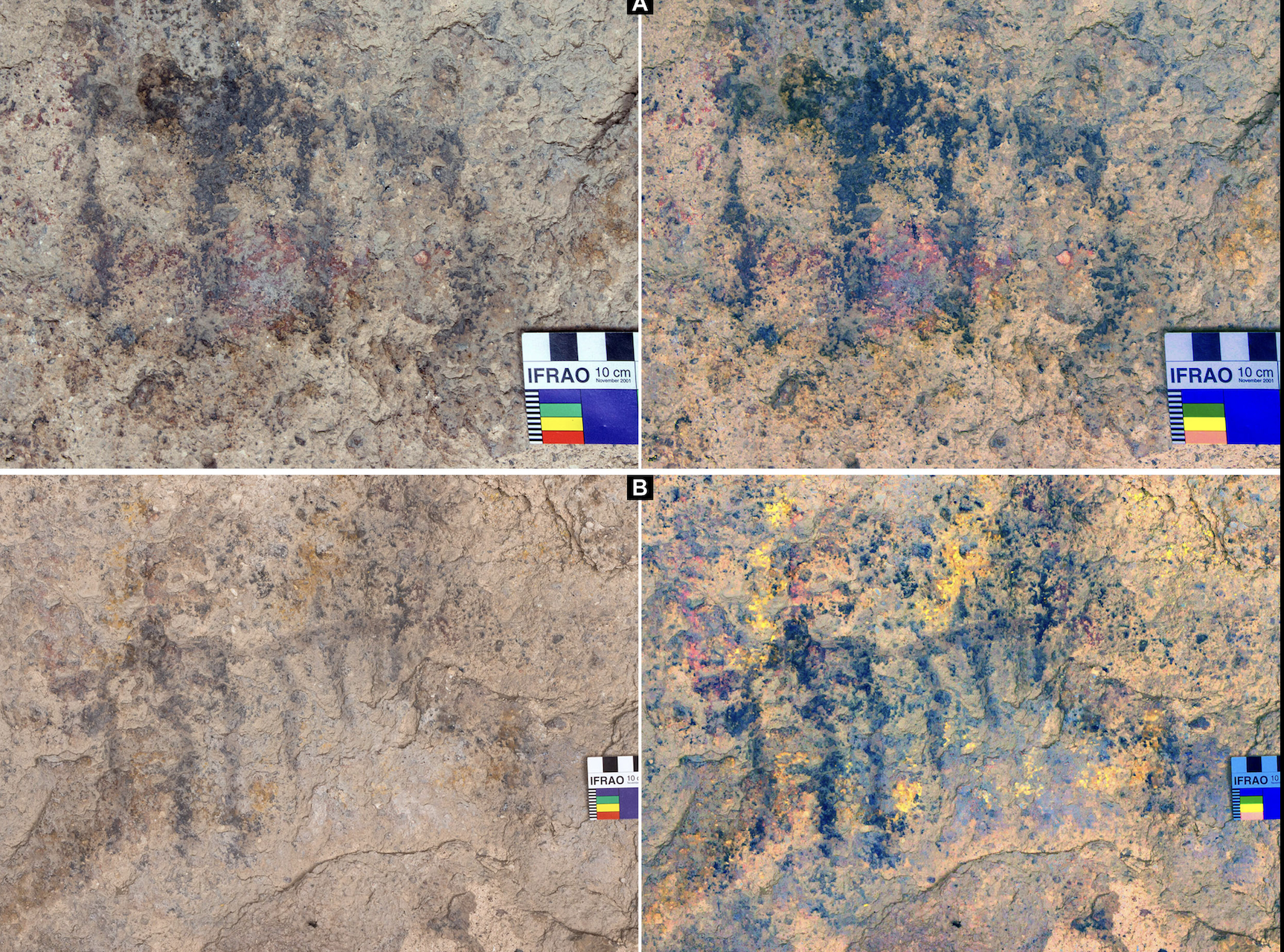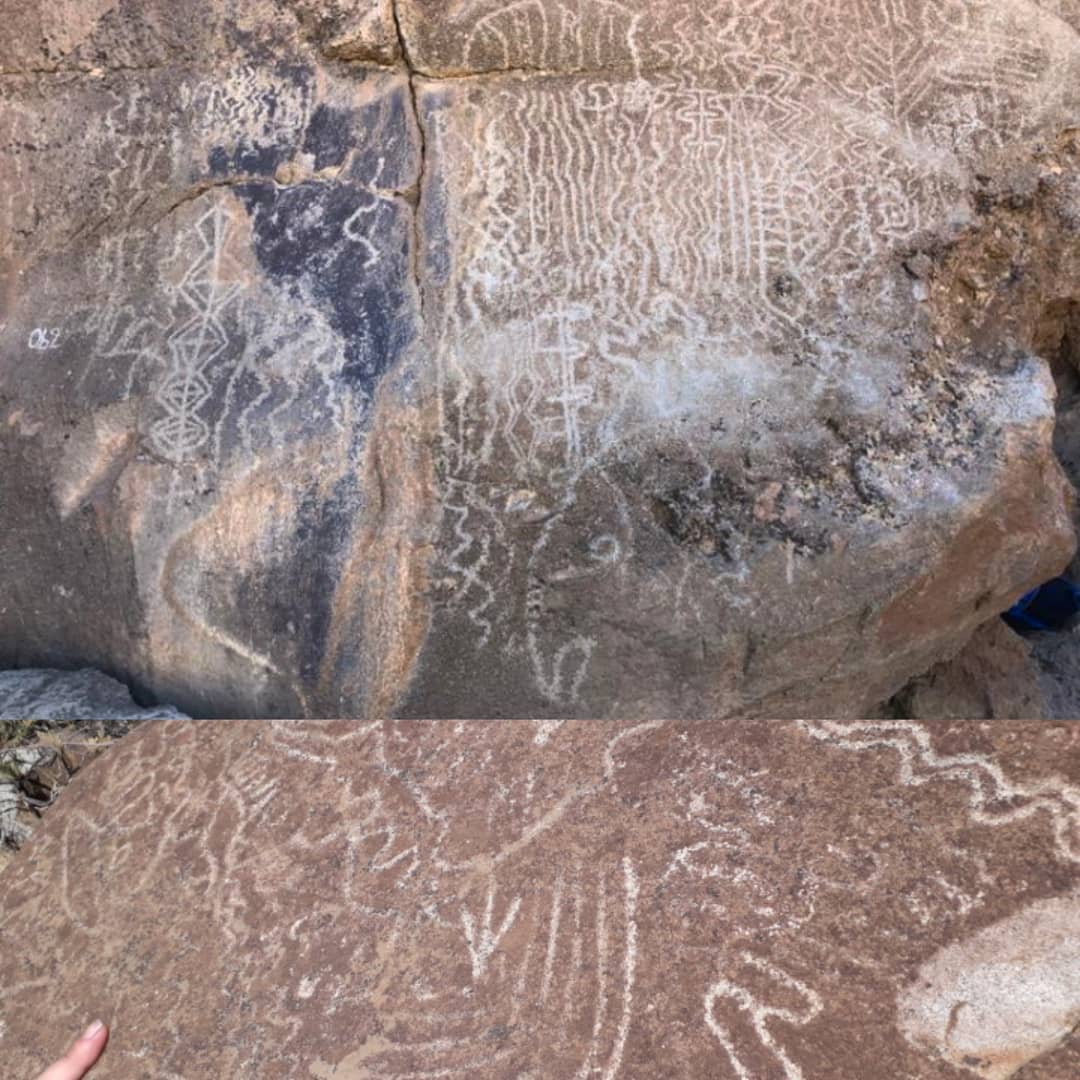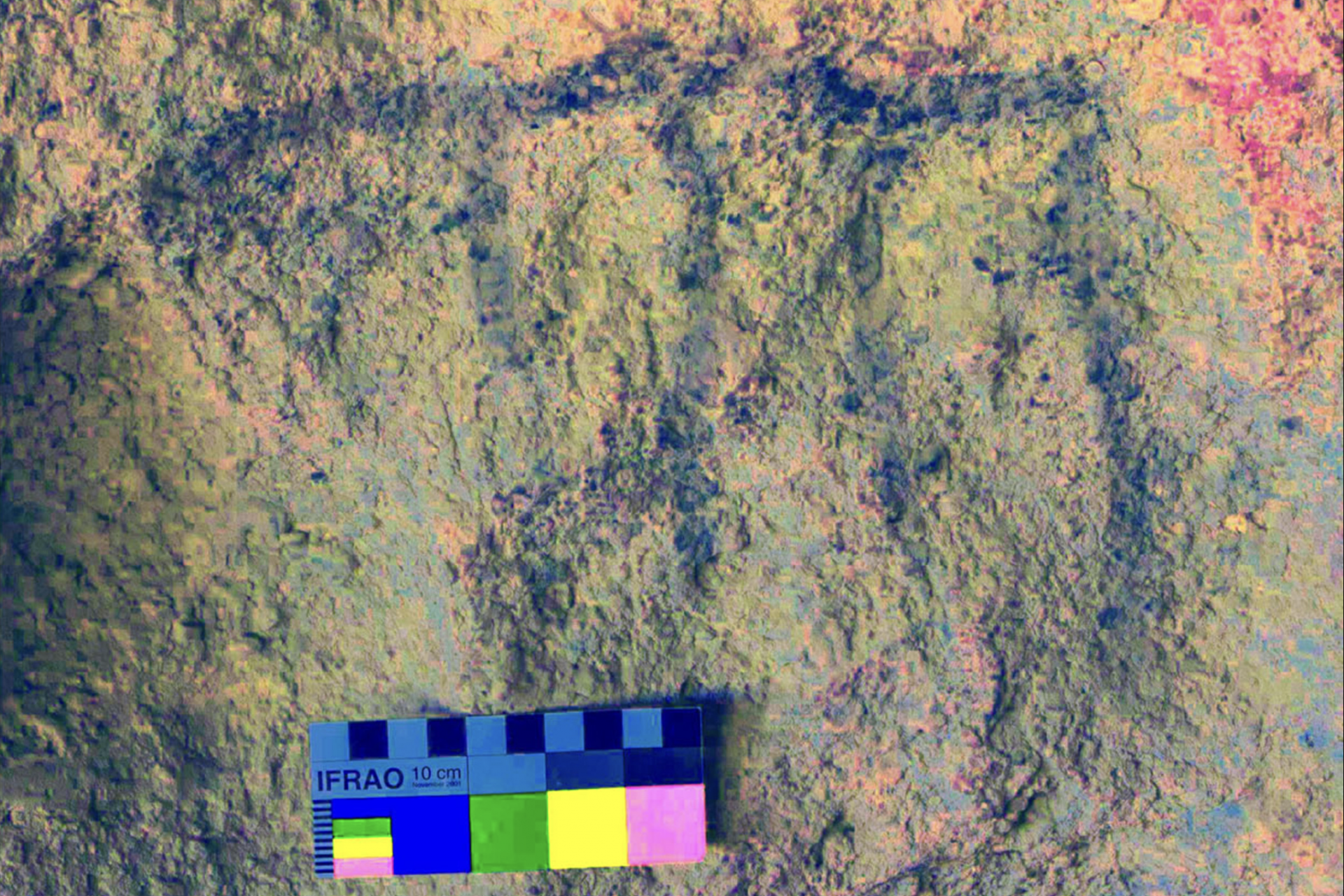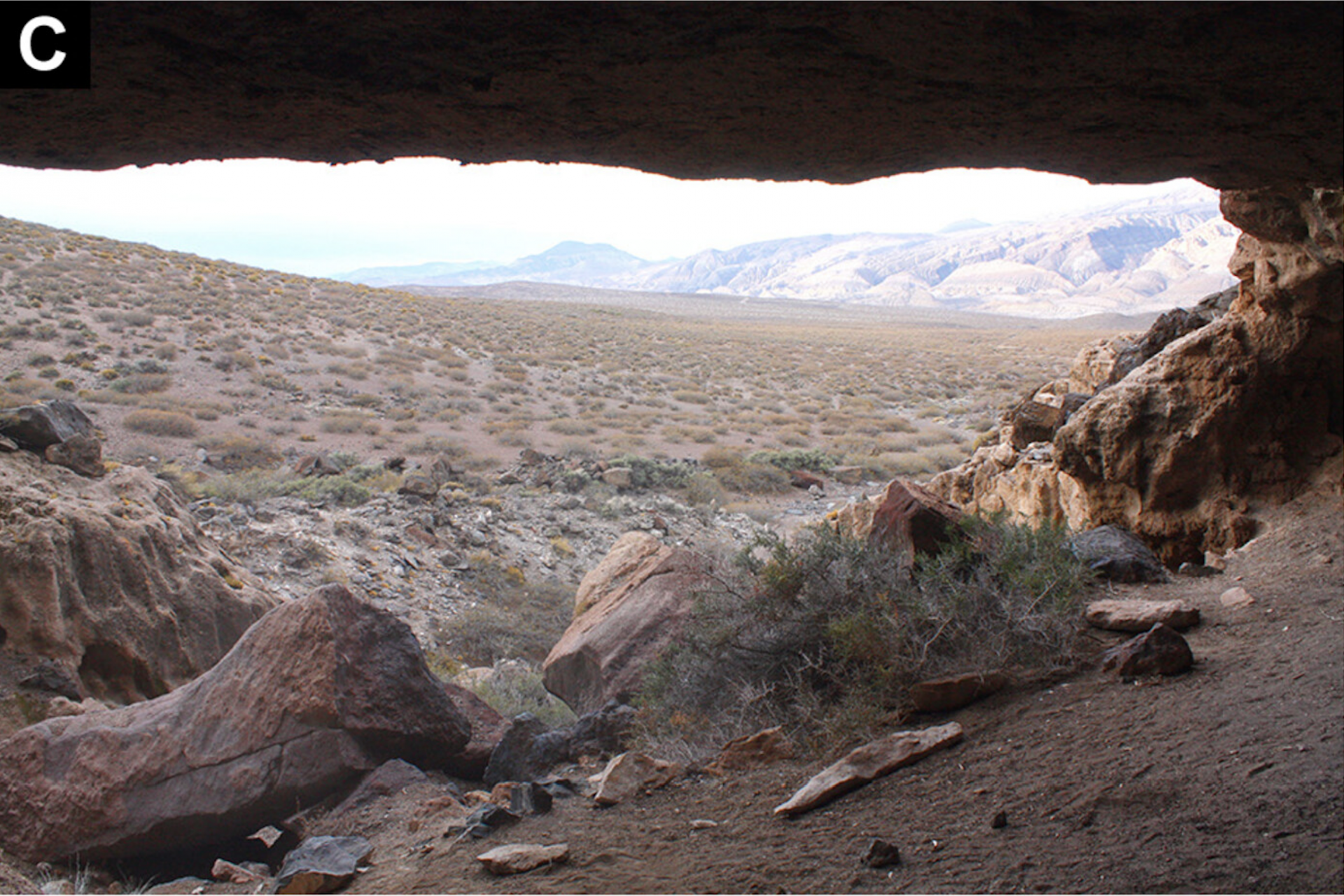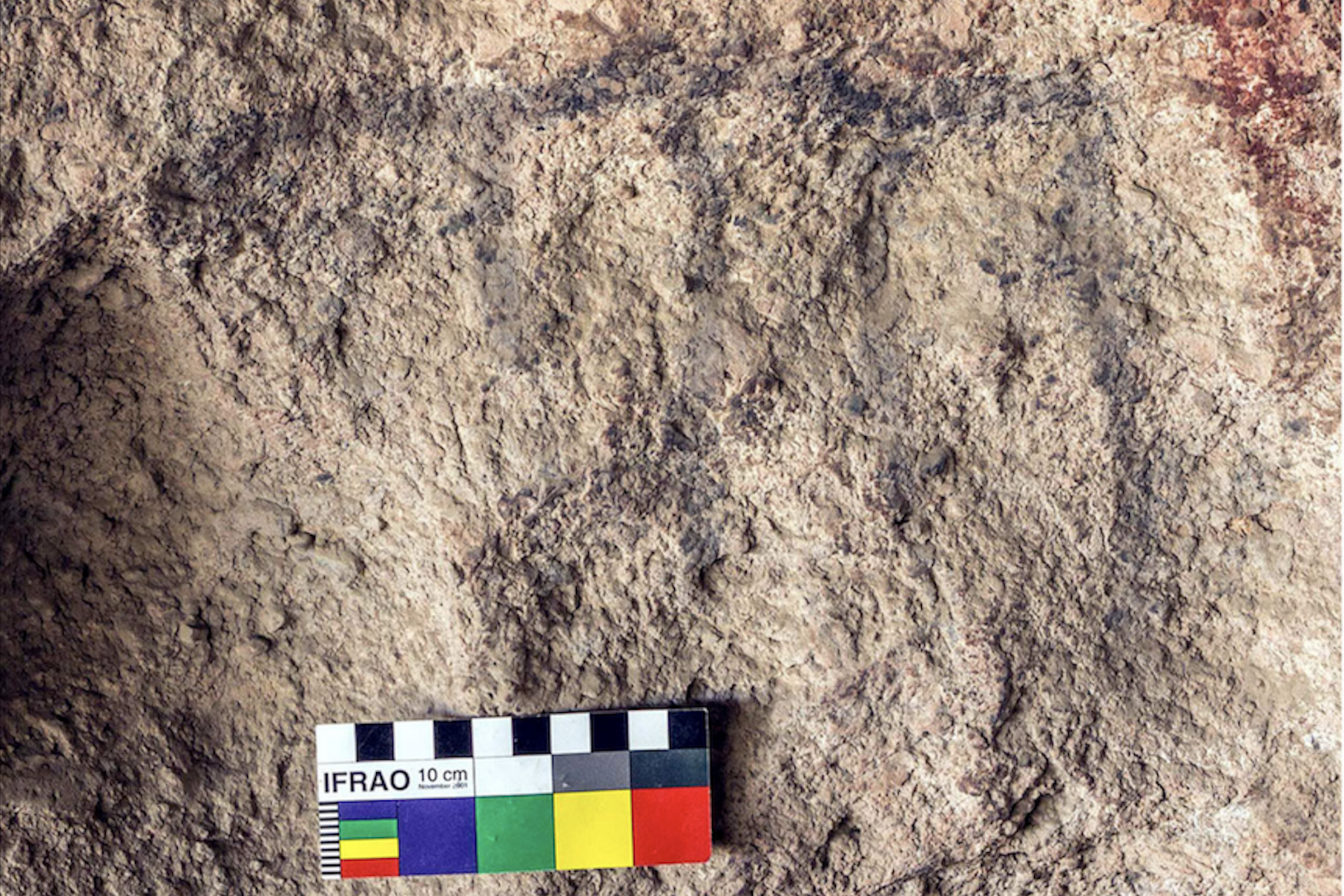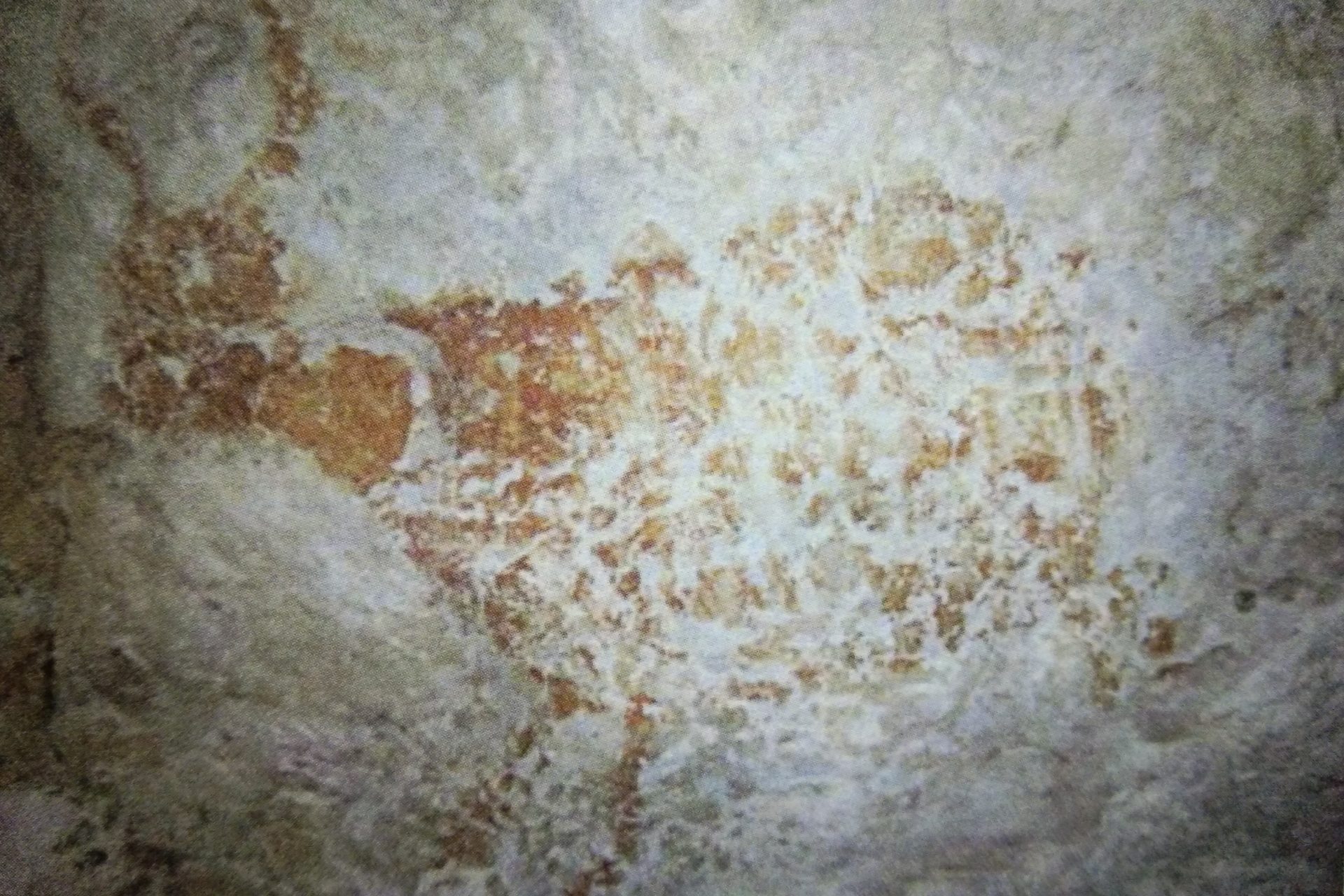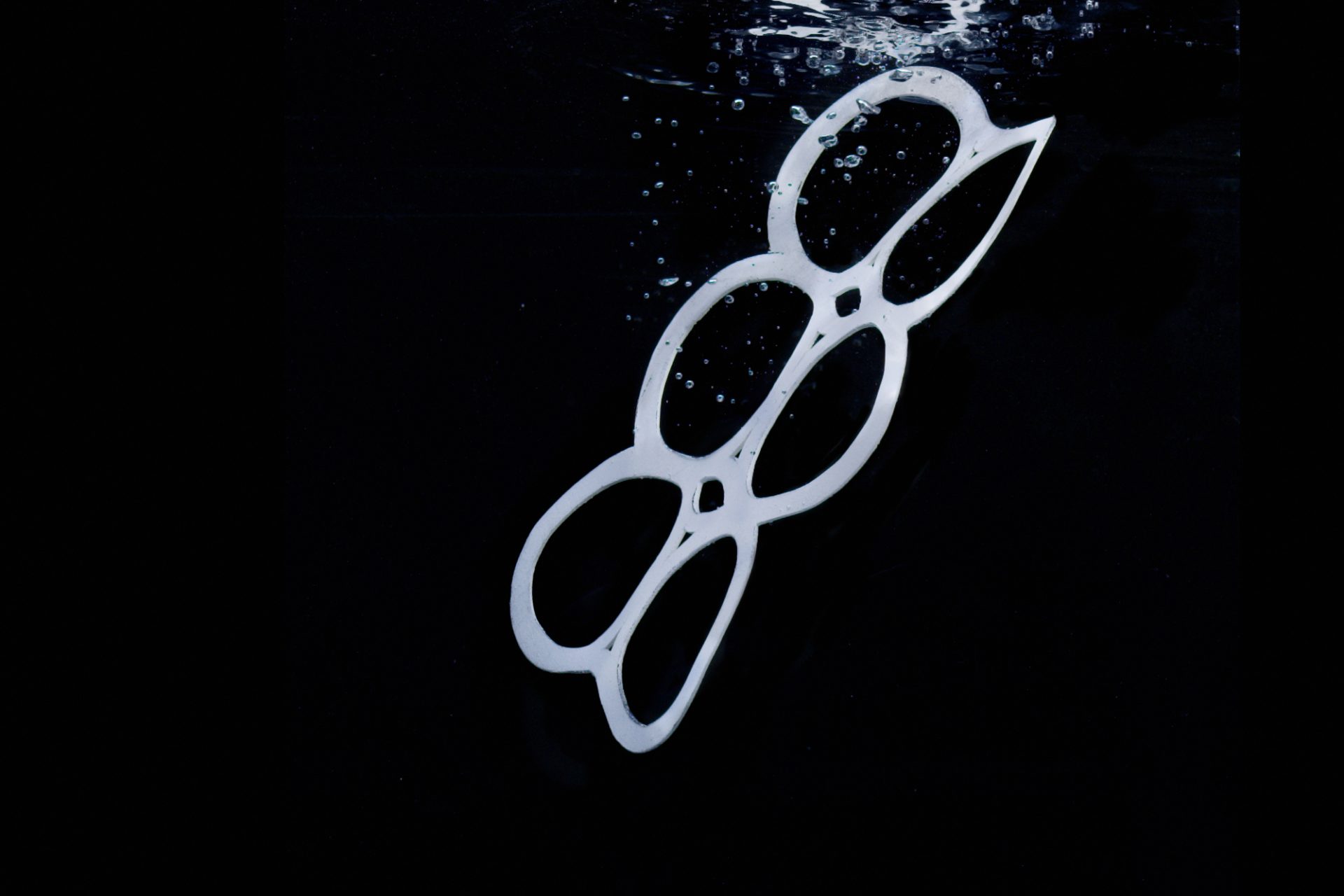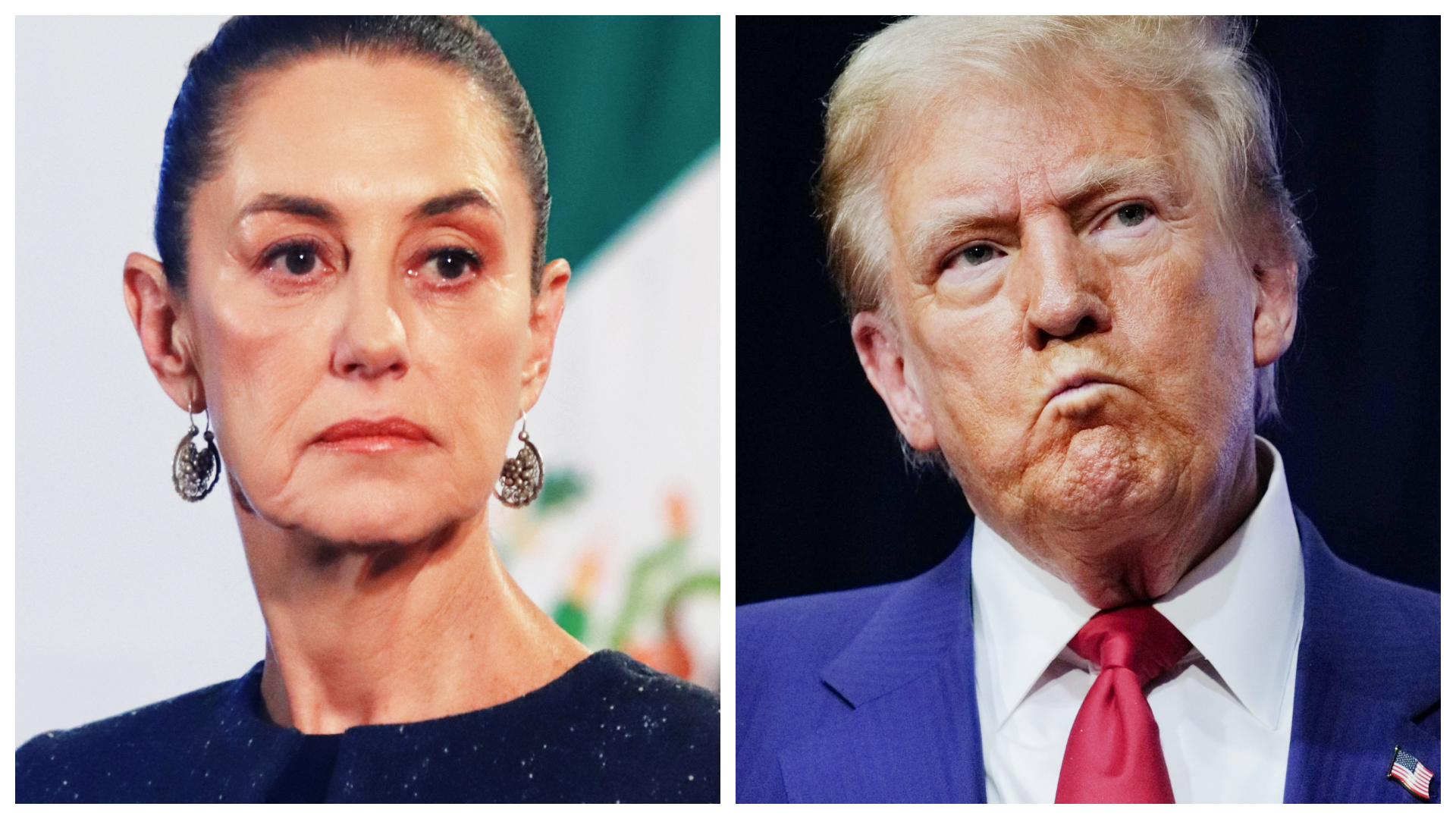Prehistoric art in a mysterious South American cave is a lot older than we once thought
The history of humanity is no stranger to complex mysteries, but scientists helped uncover a tiny piece of our complicated past when they deciphered some very strange ancient cave paintings that have puzzled archeologists.
The mysterious artwork painted onto the walls of a cave in South America has turned out to be far older than archeologists had previously thought, and now we finally know what they were thanks to a recent study on the art by a group of enterprising archeologists.
“It turned out to be several millennia older than we expected,” the lead author of a study looking at the cave painting told Live Science. Guadalupe Romero Villanueva also went on to explain that he and his team “got a surprise.”
Photo Credit: Science Advances VOL.10 NO.07 By G.V.R
The cave in question is known as Cueva Huenul 1 and it is located about 1,000 meters (or 3,280 feet) above sea level in a Patagonian desert. This cave's walls are home to 895 unique paintings according to Smithsonian Magazine.
Photo Credit: Science Advances VOL.10 NO.07 By G.V.R
Archaeologists assumed the cave paintings found in Cueva Huenul 1 were brushed onto its walls within the last few thousand years. But a new paper published in the journal Science Advances revealed something intriguing.
Photo Credit: Science Advances VOL.10 NO.07 By G.V.R & R.B.
Radiocarbon dating on at least one painting in the cave showed that it was created by humans roughly 8,200 years ago, which was far older than researchers had previously thought and introduced more systems to the weird paintings.
“It’s usually really hard to date rock art unless it has an organic component, otherwise there really isn’t any material that you can date,” Barberena explained to Live Science. However, the team got lucky since the paint used by ancient humans to make some of the art was organic.
Photo Credit: Science Advances VOL.10 NO.07 By G.V.R
The researchers figured out that the black paint used on some of the cave art was likely burned wood from nearby cactus shrubs. This allowed the team to get an accurate date on when the cave art was painted onto Cueva Huenul 1’s walls.
Photo Credit: Science Advances VOL.10 NO.07 By G.V.R & R.B.
Smithsonian Magazine pointed out that the art found in the cave depicts geometric dots and circles. Parallel lines and polygons painted in red are also present in the cave. Scenes of humans and animals are also quite common.
Photo Credit: Science Advances VOL.10 NO.07 By G.V.R
“Ancient people also painted human silhouettes and faces, as well as animal silhouettes, featuring large flightless birds called rheas and guanacos, close relatives of llamas. White, yellow, and black paints were also used on the walls,” Smithsonian Magazine reported.
The many cave paintings of Cueva Huenul 1 are categorized in 446 separate motifs and the depictions date from 8,200 years ago to roughly 3,000 years ago after the discovery that the cave’s most mysterious painting is older than first thought.
Photo Credit: Science Advances VOL.10 NO.07 By G.V.R
However, the cave is also home to hundreds of paintings that depict one motif—that of mysterious comb-like patterns that were produced over and over again for thousands of years. What the motif means may be as surprising as its age.
Photo Credit: Science Advances VOL.10 NO.07 By G.V.R
“As interesting as the ages are, for us it’s more significant that they span, more or less, 3,000 years of painting basically the same motif during all this time,” explained the study co-author Ramiro Barberena to the New York Times.
Photo Credit: Instagram @ramiro.barberena
Four of the comb-like patterns in the cave were dated by the researchers and the ages of three were discovered. The meaning of the comb-like art is still a mystery but researchers think they may have transmitted cultural knowledge.
Photo Credit: Science Advances VOL.10 NO.07 By G.V.R
“We think it was part of a human strategy to build social networks across dispersed groups, which contributed to making these societies more resilient against a very challenging ecology,” Barberena explained to Live Science.
Photo Credit: Science Advances VOL.10 NO.07 By G.V.R
The authors of the study noted that the “expression of standardized images” implied that there was “a sustained intergenerational transmission of indigenous knowledge during the mid-Holocene, probably linked to the maintenance of collective memories.”
Photo Credit: Science Advances VOL.10 NO.07 By G.V.R
The cave art dated in Cueva Huenul 1 is the oldest on the continent of South America but it is not the oldest in the world according to LiveScience. That title goes to art on the walls of a pig in Indonesia dating to 45,500 years old.
More for you
Top Stories



